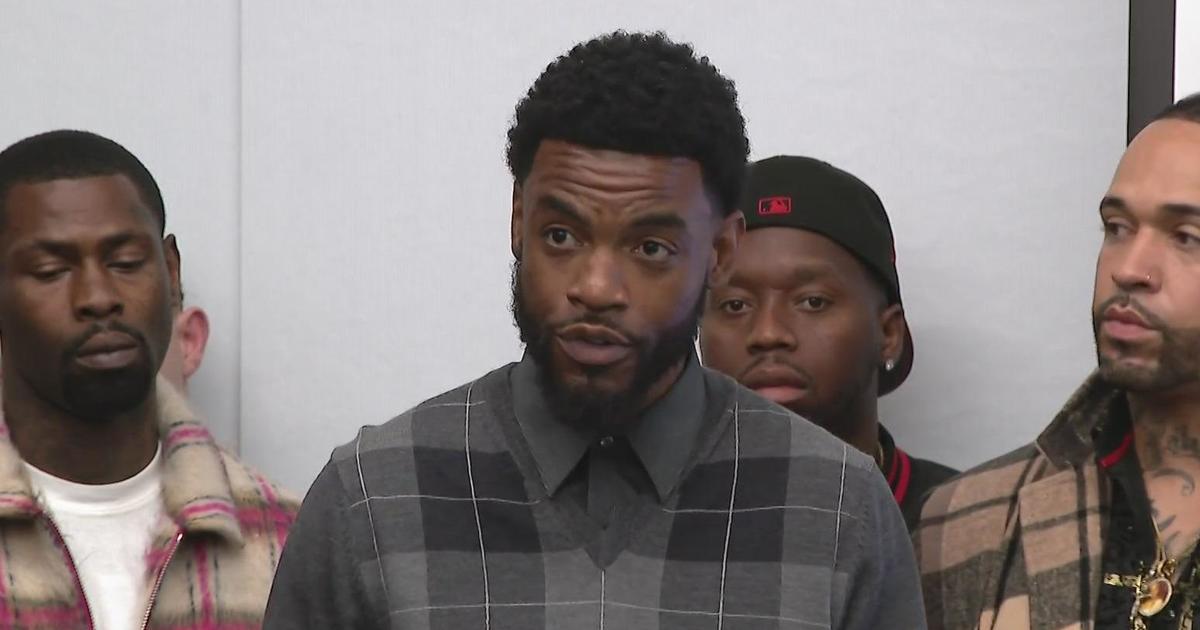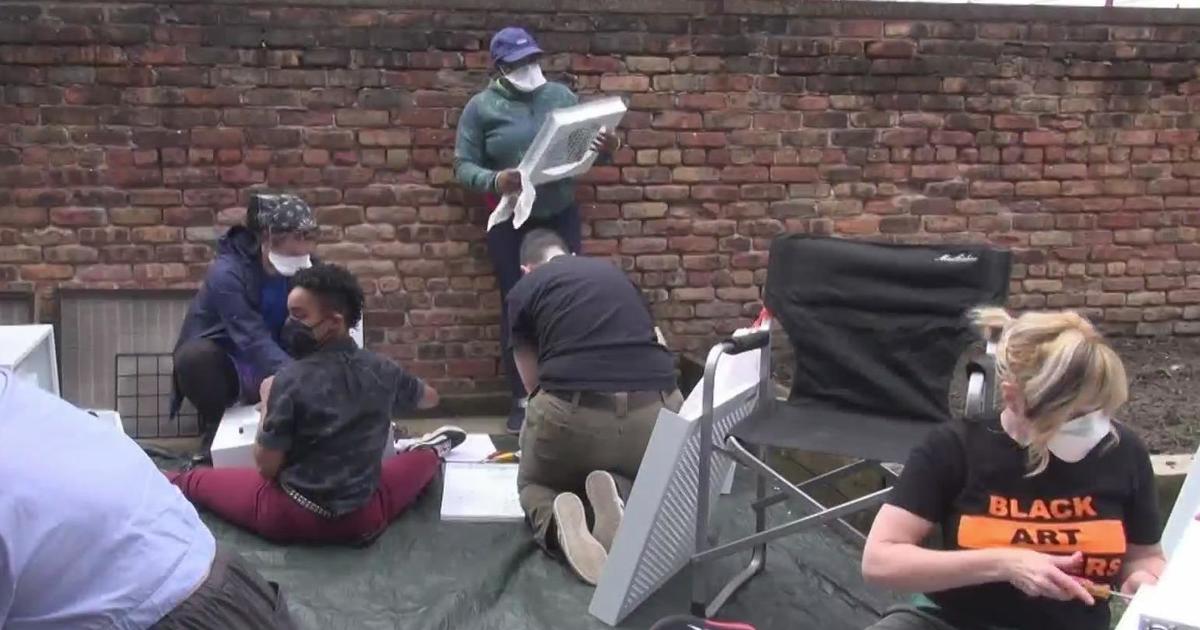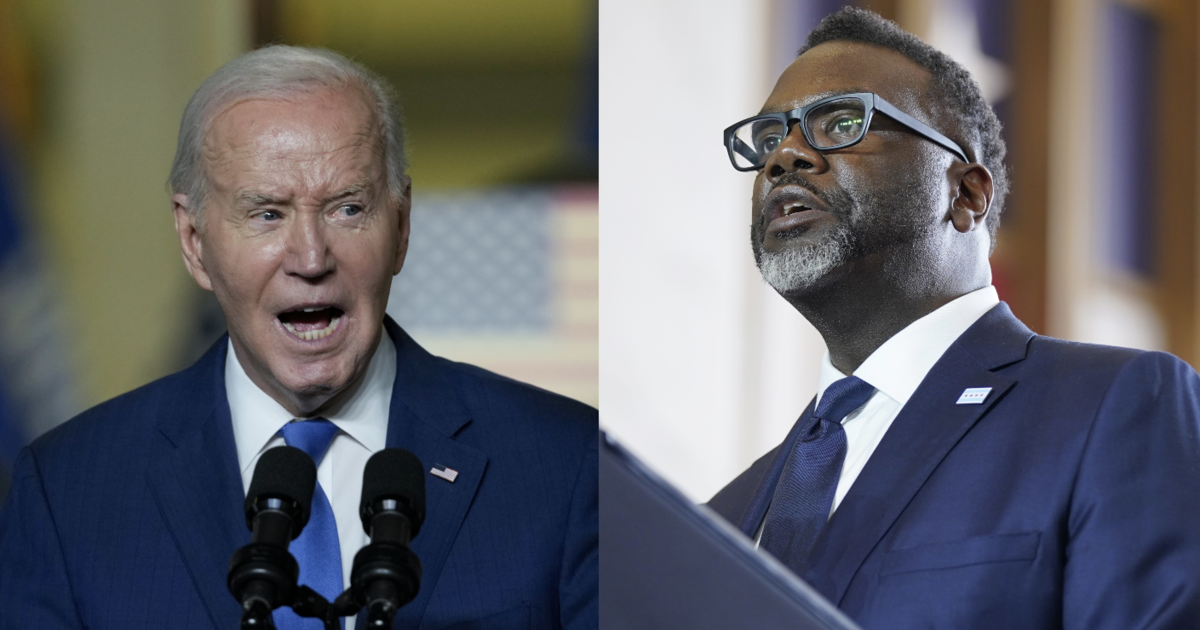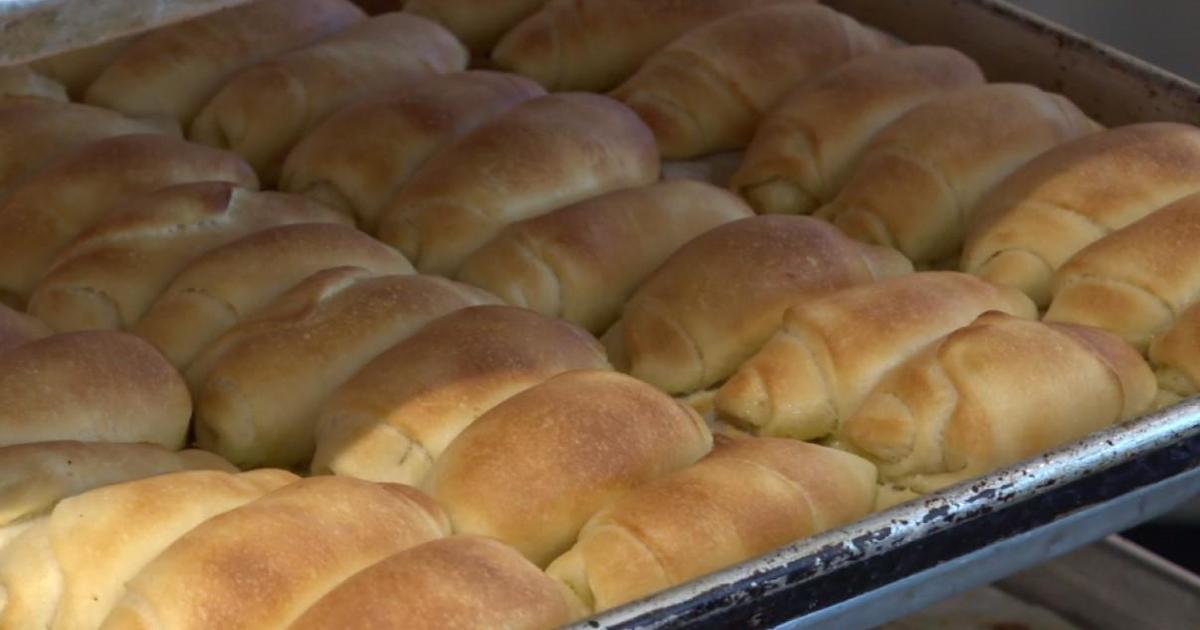New Calls Issued To Relax Indoor Dining Restrictions -- Has Ban Actually Led To Drop In COVID-19 Infections?
CHICAGO (CBS) -- There were renewed calls Tuesday to relax the indoor dining ban in Illinois, which has prohibited patrons from eating inside restaurants since the end of October.
But the State of Illinois said they will not let up until the coronavirus positivity rate goes down.
CBS 2 Investigator Megan Hickey on Tuesday looked into whether the ban has actually led to fewer COVID-19 infections. Restaurant industry supporters argue that the high COVID-19 infection rate has persisted despite the ban on indoor dining, so Hickey looked at the numbers – in Illinois and in our neighboring states that have continued to let people eat inside.
Since opening its doors in 1932, Twin Anchors Restaurant & Tavern, 1655 N. Sedgwick St., has become known for their barbecue baby back ribs.
"That and the fact that Frank Sinatra used to be a regular patron of ours," said Twin Anchors' Mary Kay Tuzi.
But for the first time in 89 years, Tuzi said the restaurant's future is uncertain.
"We have maybe six months before we have to seriously look and say, can we sustain this? Do we have to close maybe a couple days a week?" Tuzi said.
Tuzi is part of the Chicago Restaurants Coalition, which argues that the ban hurts restaurants more than it protects the public.
We looked at the seven-day averages for coronavirus positivity per 100,000 residents - the methodology used by the Centers for Disease Control and Prevention - since the current indoor dining ban took effect in Illinois on Oct. 30.
We found that the state's positive case average actually rose 23 percent since eating inside was taken off the table.
What about Illinois' neighbors that have all continued to allow some form of indoor dining? They're all over the map, and Wisconsin's average actually dropped.
"There's no direct correlation between the virus and the restaurants," said Roger Romanelli of the Chicago Restaurants Coalition. "There isn't. There just isn't."
HEATED EATS: COVID-19 Cold-Weather Outdoor Dining In Chicago
We also asked Gov. JB Pritzker's office for their take on the data. A spokesperson said studies have shown that indoor dining integrates many of the greatest risks when it comes to the spread of COVID-19 - interacting with people outside of your household, indoors, surrounded by strangers, without wearing a mask.
Pritzker's office sent a lengthy statement with links:
"For nearly a year, we have watched waves of the COVID-19 pandemic ebb and flow across the country, with different places experiencing upticks at different times. Through it all, one thing has remained consistent: studies here in Illinois, nationally, and across the globe have demonstrated that indoor dining coalesces many of the greatest risks when it comes to the spread of COVID-19: interacting with people outside of your household, indoors, surrounded by strangers, without wearing a mask. Furthermore, surveys of epidemiological experts show that those who know best consistently cite dining inside at a restaurant as one of the activities they are least likely to recommend during this pandemic. Even without a clear national framework, this science has been recognized by a bipartisan consensus, with many Republican-led southern states implementing additional restrictions on indoor dining and drinking during the region's surge over the summer, and other parts of the country following suit in response to upticks in the fall and winter.
"Since all of Illinois entered our strictest public health mitigations since the spring on November 20th, both our positivity rates and the number of Illinoisans hospitalized with COVID-19 have dropped by over a third, while national COVID-19 hospitalizations have continuously set new all-time highs – as just one example of the severity, the White House COVID-19 Task Force recently called on Florida to increase mitigation in light of a "full pandemic resurgence" in the state. A doctor in North Texas said, "Right now, probably half the patients I see never make it out of the waiting room." Illinois' data-driven response to this pandemic has protected our hospital systems, reduced community transmission, and saved lives – and Governor Pritzker will continue to operate with those priorities as we navigate through to the end of this pandemic. The governor is equally committed to devoting all available state resources to support restaurants, bars, and the entire Illinois small business community through this pandemic, working with the General Assembly to shape the largest Business Interruption Grant (BIG) program in the nation and urging Illinois' congressional delegation to provide more federal funding to stimulate local economies."
In the meantime, the Chicago Restaurants Coalition is asking to restore indoor dining at a low occupancy rate - 20 percent - by Friday, Jan. 29.
"Not even to meet us halfway, just 20 percent," said A.J. Castillo of Americano's Restaurant.
Tuzi said it won't save Twin Anchors, but it's a good start.
"At least the 20 percent is better than nothing, which is what we have right now," she said.
Lat Tuesday, a representative from the Chicago Department of Business Affairs and Consumer Protection said the city can't overrule the state on indoor dining:
"Mayor Lightfoot recognizes the devastating impacts that COVID-19 has had on all of Chicago's businesses and thanks the business community for the sacrifices they have made throughout the pandemic to keep our community safe. While the City does not have the authority to allow indoor dining at any capacity at this point under state-imposed mitigation measures, we hope to be able to reopen soon and will be closely monitoring the health metrics set by the state. As always, we remind all Chicagoans to do their part to protect our residents and help us reopen safely and quickly by wearing a mask, social distancing and avoiding large gatherings."
BACP also noted that the Chicago Hospitality Grant Program awarded grants of $10,000 to 995 bars and restaurants. The city received 2,354 applications for the program, of which 384 turned out to be duplicate – for a total of 1,970.
Some applications were disqualified because the business was not in the city, was not a bar or restaurant, or did not have more than $3 million in revenue or a city license. But BACP said it was made clear from the beginning there were only $10 million available for restaurants and bars, and applicants would be selected by a lottery.
BACP also said the city will be holding webinars and sharing information in the days and weeks to come on the newly-reopened Paycheck Protection Program, which will send $284 billion the way of small businesses around the country.
As to the metrics the state is using to determine when indoor dining can resume, Gov. Pritzker's office is adhering strictly to that 6.5 percent COVID-19 positivity rate. As of Tuesday, the state was hovering at about 8.6 percent.
Also From CBS Chicago:
- Couple's Dream Home Purchase In Burr Ridge Turns Into 'Ongoing Nightmare' In Fights With HOA, Village Officials
- Markham Woman Furious After She Pays Home Depot Contractor To Build Fence, Gets Caught Up In Red Tape
- 'I Don't Want You In The Store, I Don't Want You Near Me:' Elmhurst Cigar House Owner Puts Up Sign Reading, 'Biden Voters Keep Out'





